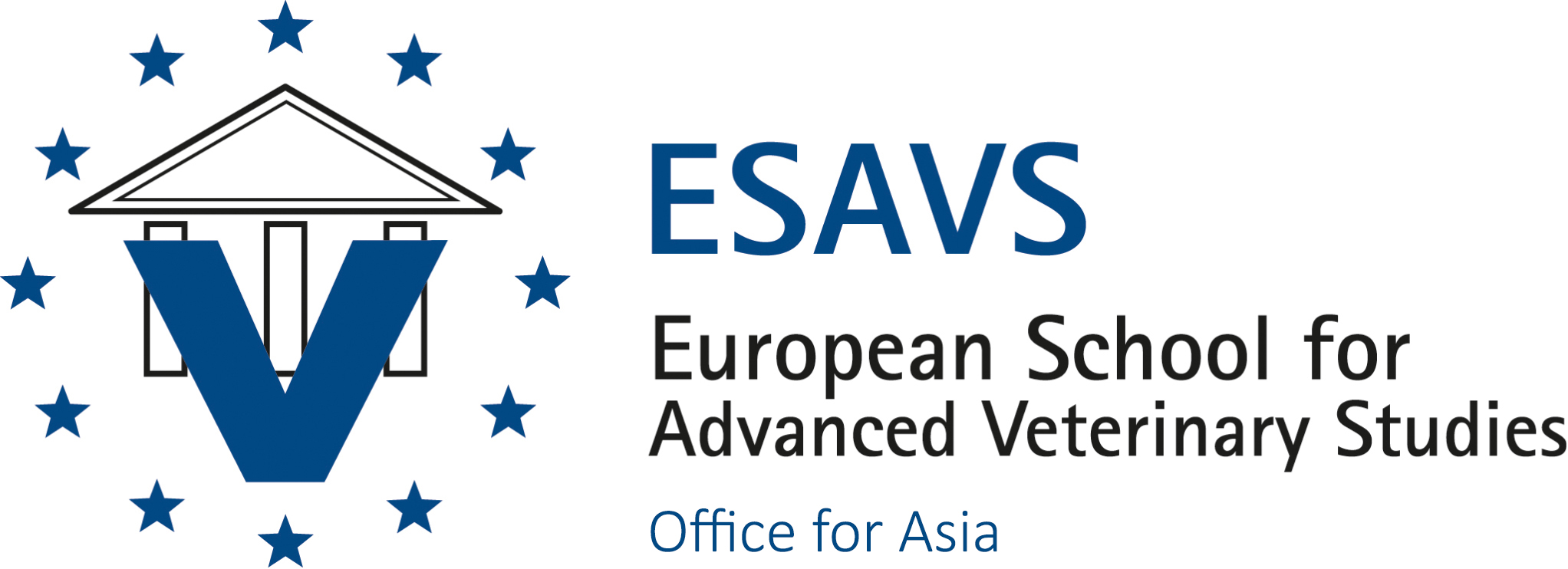Neurology
Individual Courses and Comprehensive Study Program
The ESAVS Asia Neurology program consists of 5 one-week modules. The course masters and instructors are Diplomates in Neurology (ECVN), Surgery (ECVS), Diagnostic Imaging (ECVDI), and Pathology (ECVP) and internationally recognized specialists in their fields.
Neurology I
This course focuses on the principles of the neurological examination and aims to refresh knowledge of the relevant fundamentals of neuroanatomy, physiology and pathophysiology of the central and peripheral nervous system. In the practical case-based sessions, the attendants can train to define the neuroanatomical lesion localization and learn about common neurological diseases seen in private practice.
Neurology II
In this module, the already acquired knowledge from course I is deepened by an intensive case-based training. The practical sessions will focus on further diagnostics such as MRI/CT, electrodiagnostics, CSF evaluation, and the evaluation of biopsies as well as therapeutic options for common neurological diseases.
Neurology III
The aim of this course is to develop a logical step-wise approach to common neurological disease conditions and give guidance for a self-reliant work-up of neurological cases. The intensive training is structured as a combination of lectures and case-based oriented learning by working up neurological cases in small groups. This approach will enable the attending veterinarian to manage all common diseases of the brain, spinal cord and peripheral nervous systems seen in daily practice.
Neurosurgery
This course is dedicated to neurosurgical patients and neurosurgery. The course will be divided into lectures, that provide the participants with the necessary theoretical knowledge to understand and to perform high quality neurosurgery. In addition, it is constructed as an interactive session that allows in depth discussion. The practical part is divided in video-based case presentations and a neurosurgical wet lab.
Neuropathology & MRI Interpretation
The principal learning objectives of this module are to acquire a basic understanding of diagnostic neuropathology and to apply this knowledge to the interpretation of MR images. Participants are trained in lectures and practicals recognize the major lesion patterns such as malformations, inflammatory lesions, tumors of the nervous system, trauma and infarcts of the brain and spinal cord, toxic-metabolic diseases, and degenerative diseases on gross and histological preparations of CNS tissue. The structural changes are compared to corresponding MR images.
Related courses


